
The Neon Show
Author: Siddhartha Ahluwalia
Subscribed: 1,817Played: 35,853Description
Hi, I am your host Siddhartha! I have been an entrepreneur from 2012-2017 building two products AddoDoc and Babygogo. After selling my company to SHEROES, I and my partner Nansi decided to start up again. But we felt unequipped in our skillset in 2018 to build a large company. We had known 0-1 journey from our startups but lacked the experience of building 1-10 journeys.
Hence was born the Neon Show (Earlier 100x Entrepreneur) to learn from founders and investors, the mindset to scale yourself and your company. This quest still keeps us excited even after 5 years and doing 200+ episodes.
We welcome you to our journey to understand what goes behind building a super successful company. Every episode is done with a very selfish motive, that I and Nansi should come out as a better entrepreneur and professional after absorbing the learnings.







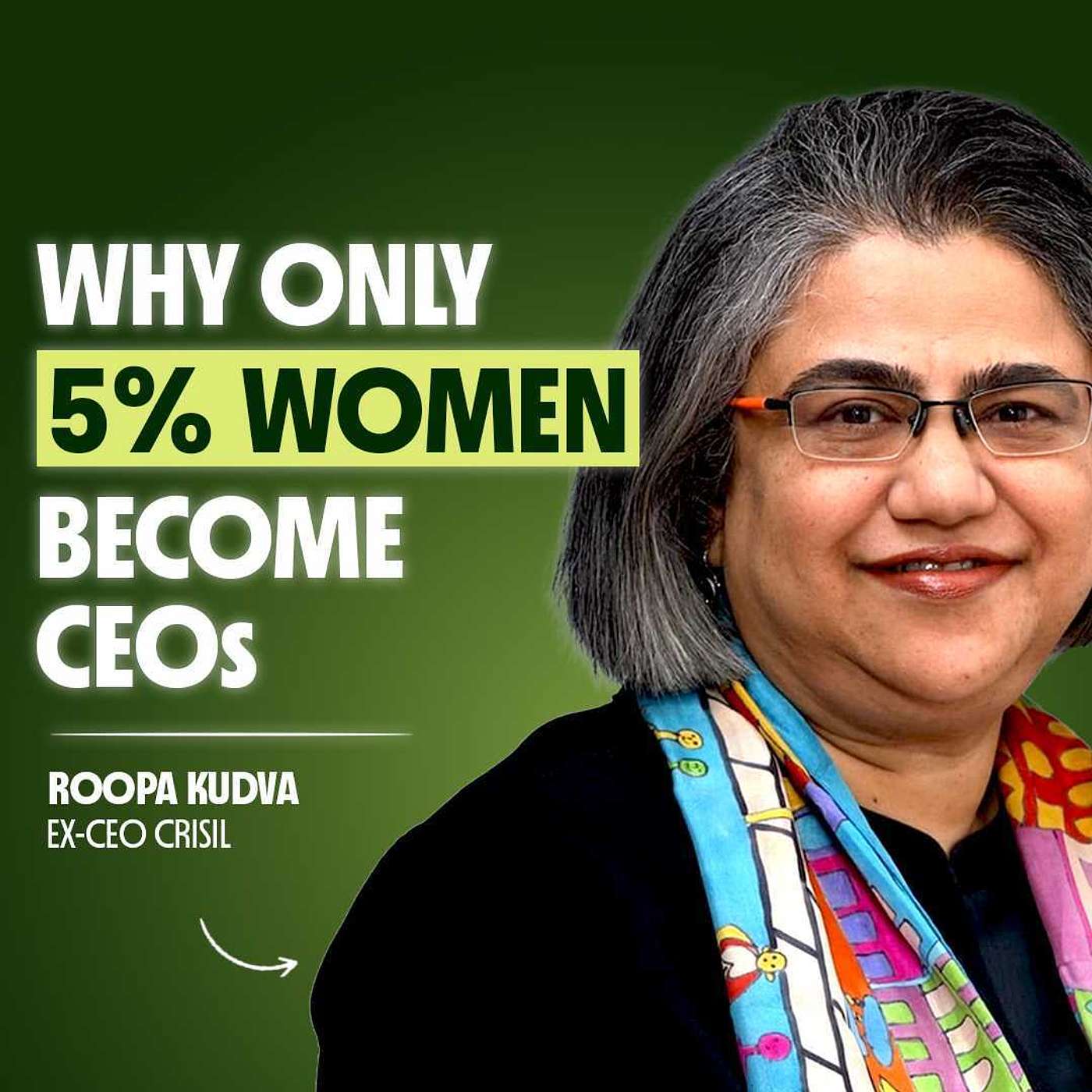
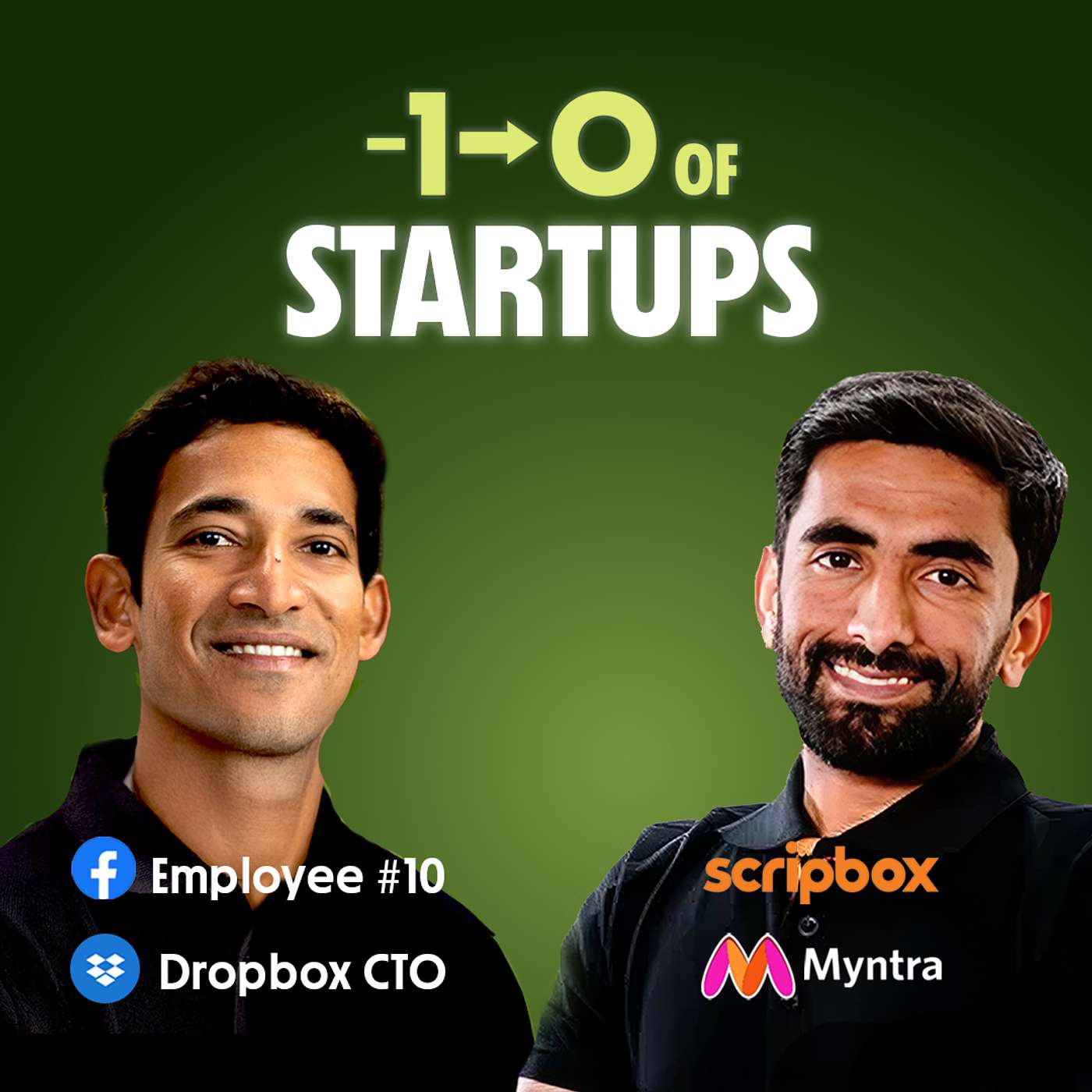



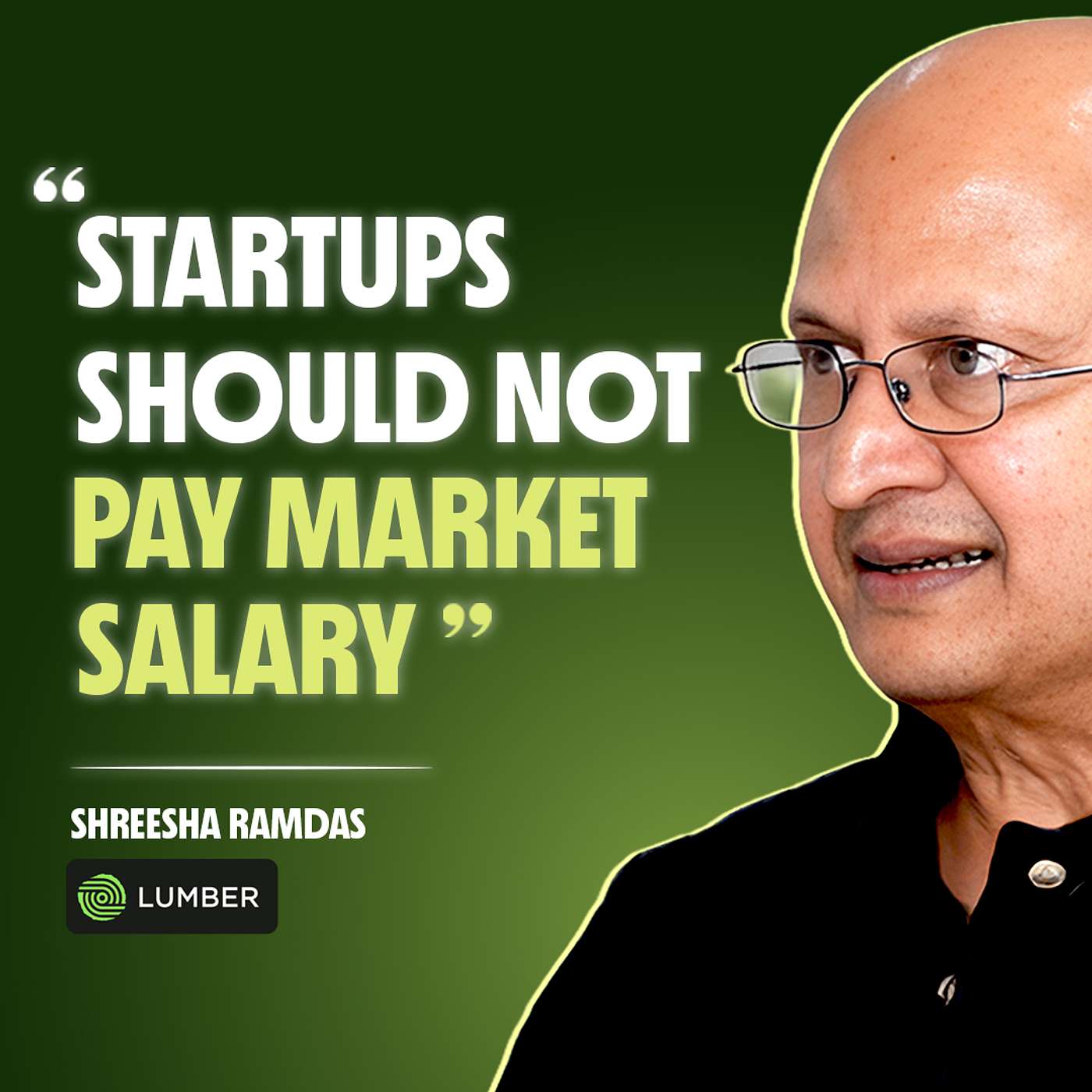


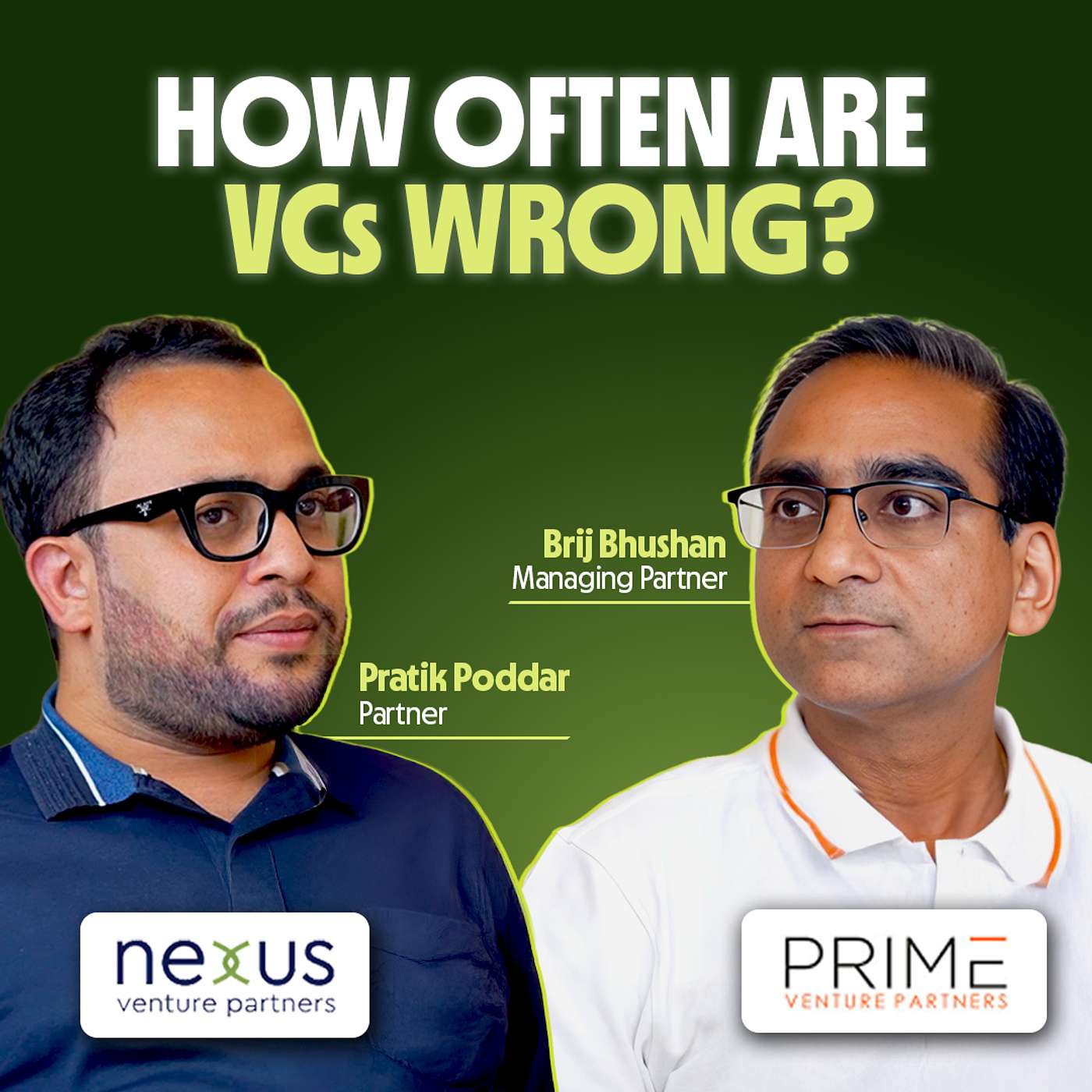
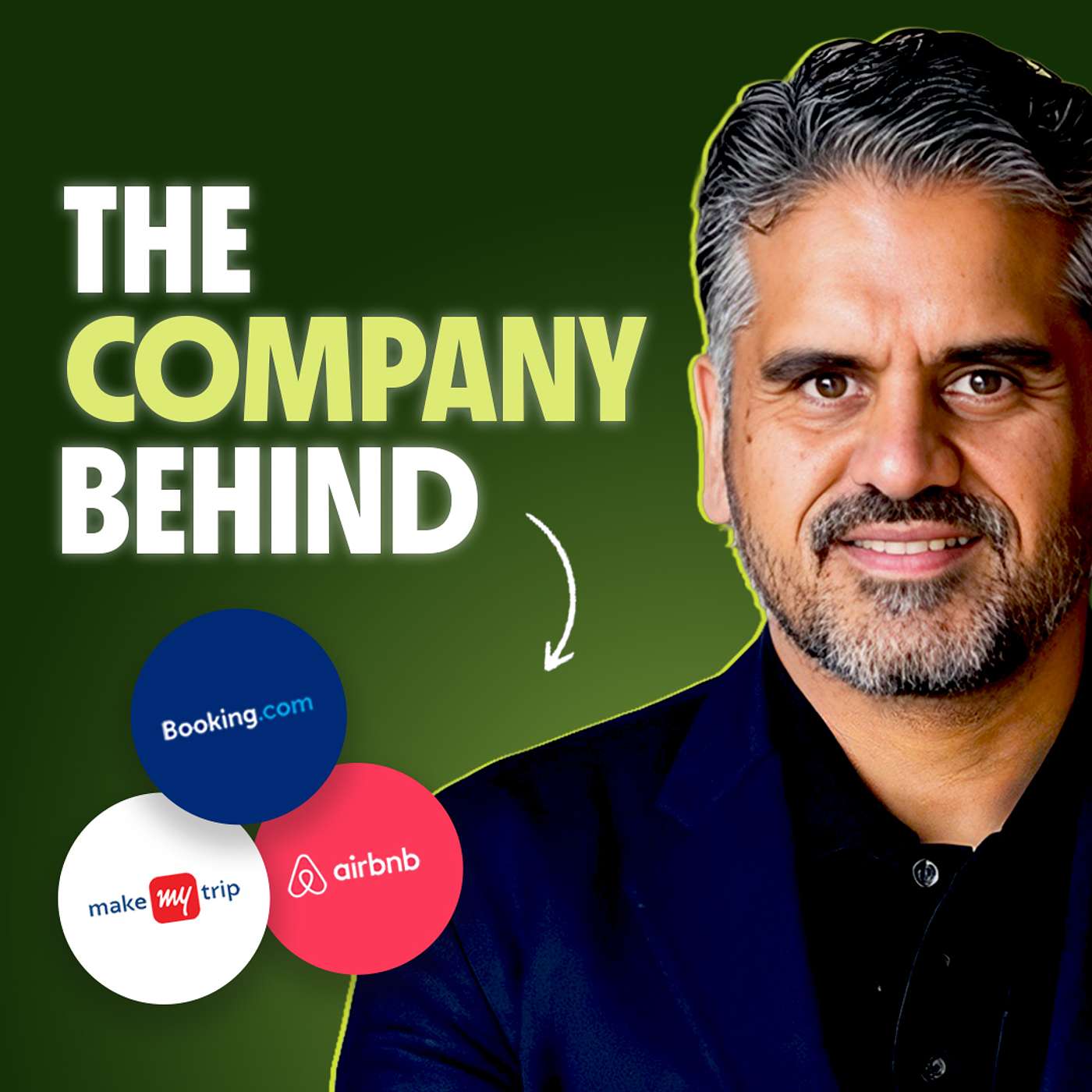
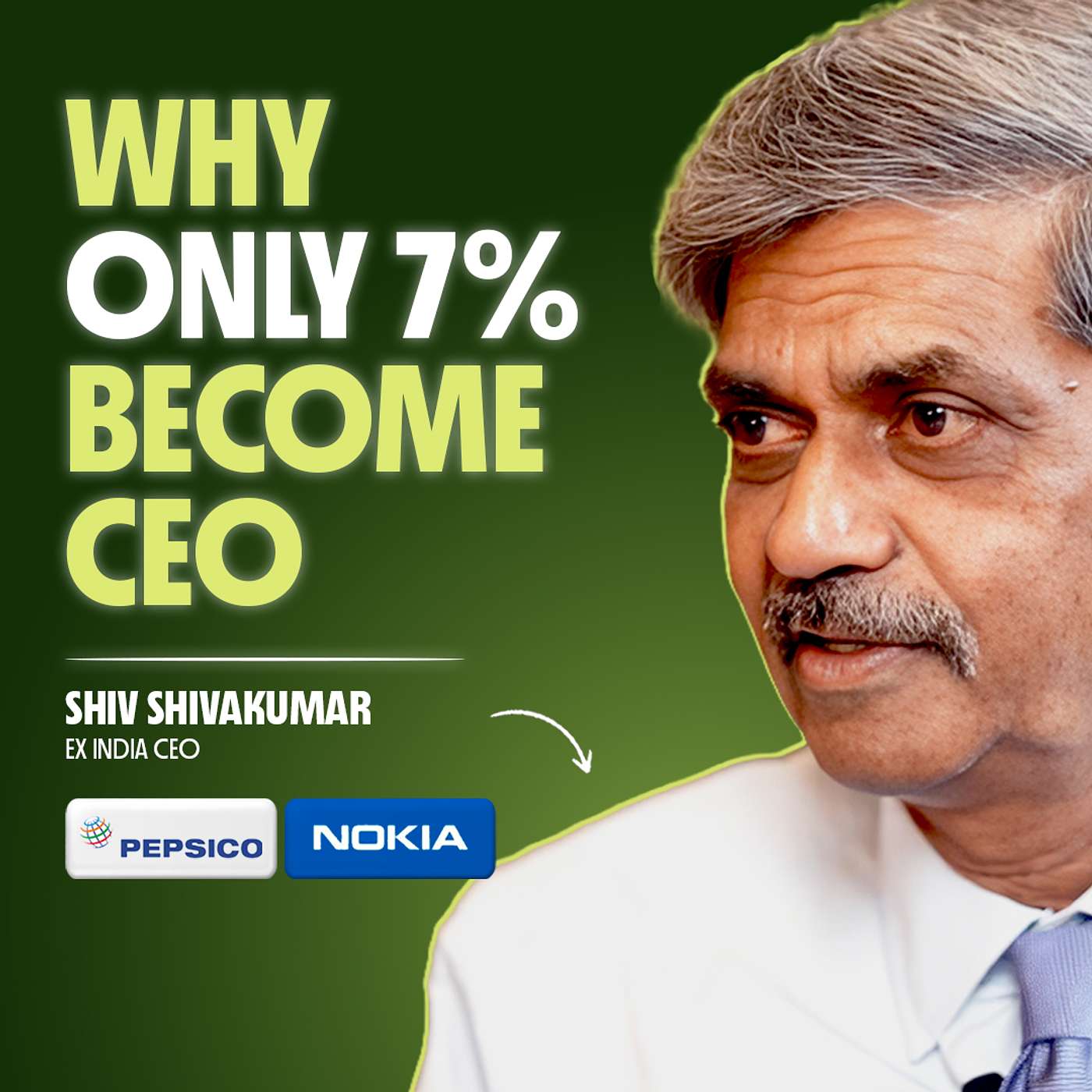











💚WATCH>>ᗪOᗯᑎᒪOᗩᗪ>>👉https://co.fastmovies.org
✅WATCH>>ᗪOᗯᑎᒪOᗩᗪ>>👉https://co.fastmovies.org
the episode ends abruptly. is the file corrupted:?
Weirdest episode so far. Siddharth was very patient and asked good questions. The entrepreneur himself wasn't very open and sounded egotistic. Being a user of healthifyme myself disappointed. Was hoping to hear more from the entrepreneur and more expressive answers. :(
Awesome
audio quality is not upto the mark for this particular episode.. you guys should try to refine audio before publishing
Great insights .... thanks again Can you also discuss with VC on “ how one can become VC ?. Also what are process / registration to be done .
amazing sir
thanks for this amzing podcast show
amazing..its totally amazing,helping me a lot
fabulous podcasts..very useful..kindly add the different segments and their timing at the cover photo/description ...for reference you can check play to potential
Agree completely with you Nimish. The narrative on how brands are built will be completely different from now.
High speed internet will be disrupting the Marketing game for all consumer based start-ups in India within 4-5 years. Excited to see how it unfolds ✨